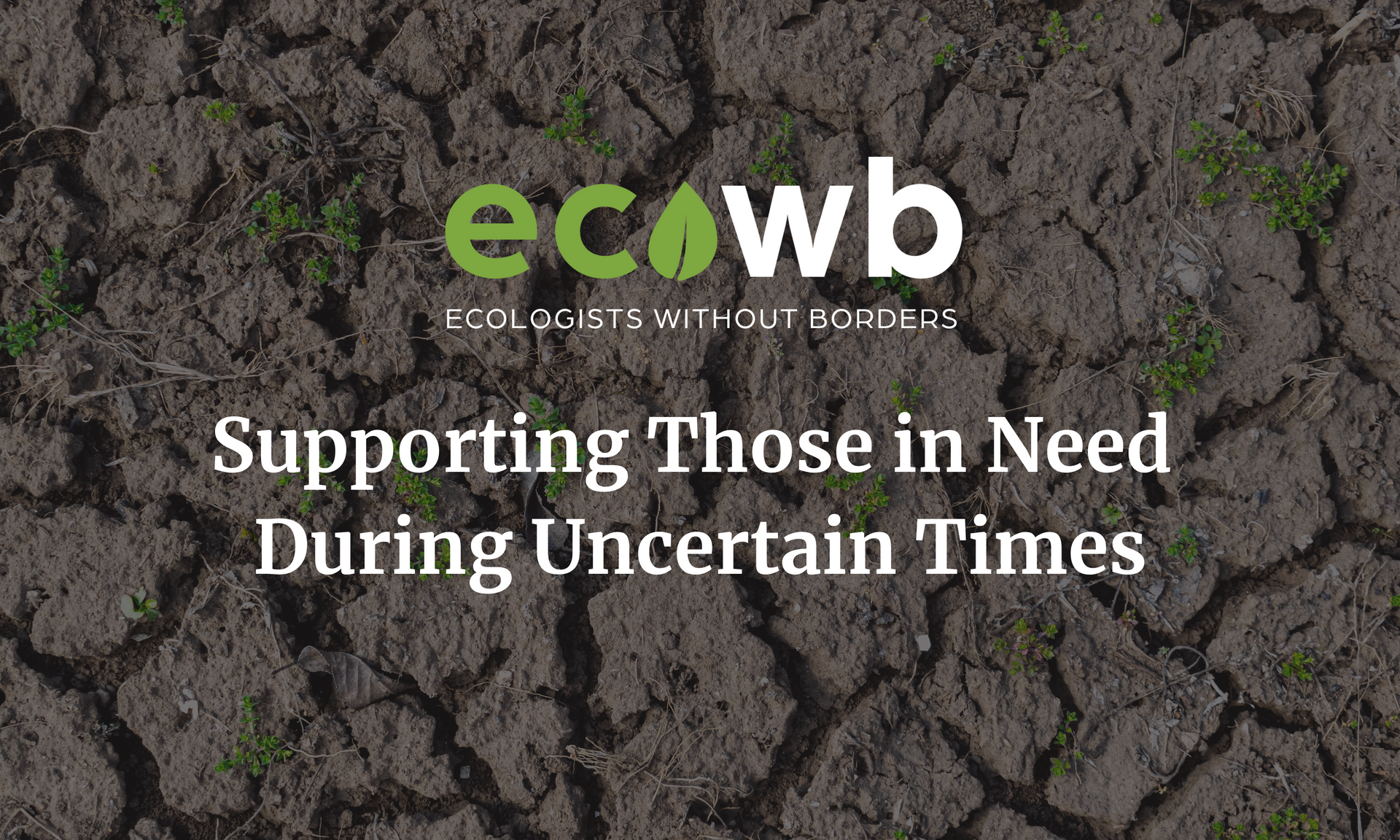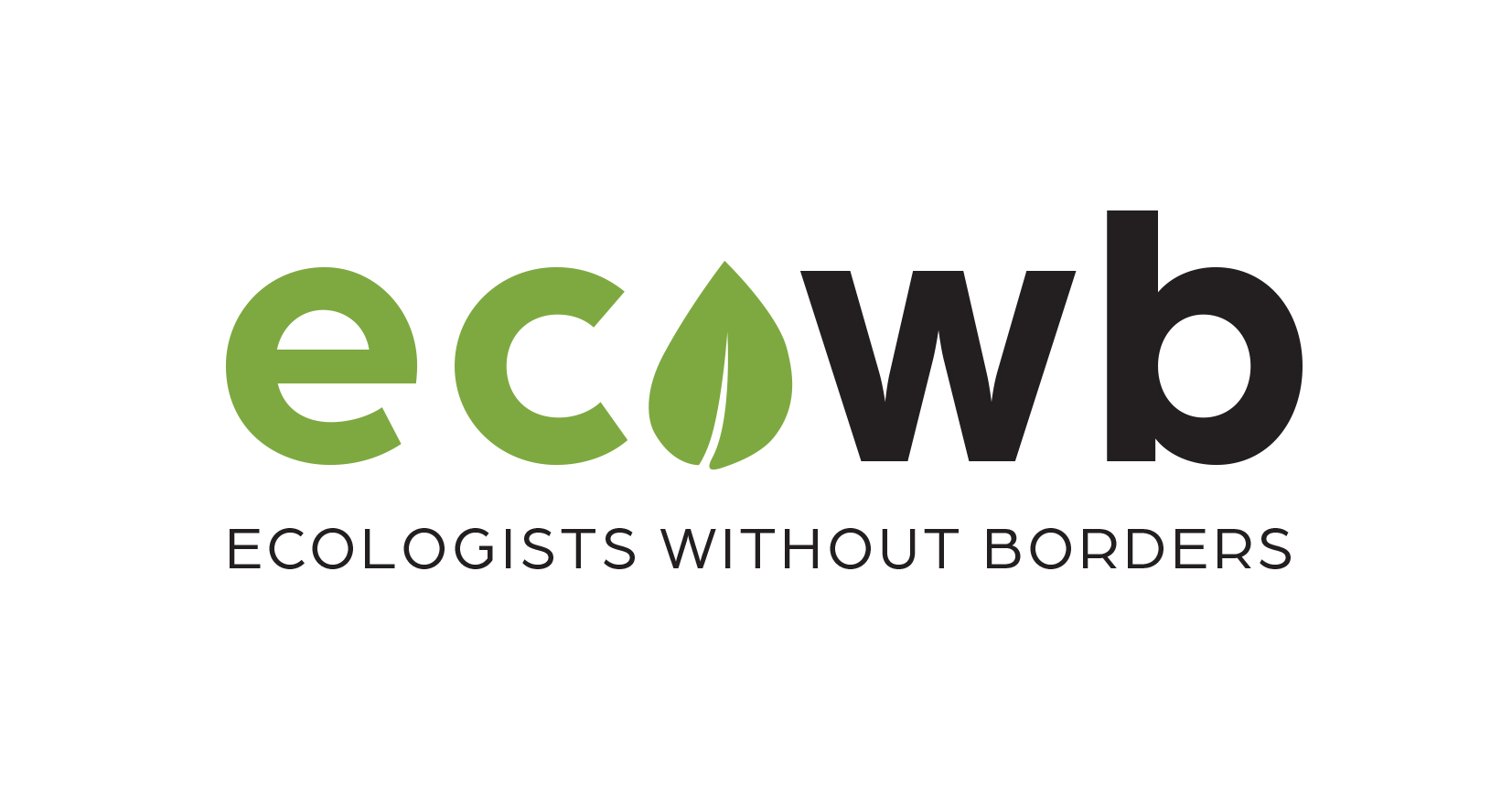The Marismas Nacionales (MN) is located on the Pacific coast of Mexico south of Mazatlan and north of Puerto Vallarta in the states of Sinaloa and Nayarit. It extends 240 km from north to south encompassing 513,000 ha, including 113,000 ha of mangroves. It is the largest single expanse of mangroves on the Pacific coast of Mexico and all of the Americas and accounts for 20% of the mangrove area in Mexico. The highly productive MN provides a myriad of ecosystem services, including nursery and spawning habitat for numerous species of fish and shellfish that support a valuable fishery; important overwintering habitat for migratory birds; and food, material, and income for people that live in the area.
Despite its ecological importance and designation as a RAMSAR site and UNESCO biosphere reserve, the MN has lacked specific conservation strategies. Large tracts of the MN mangrove ecosystems have been eliminated or altered by development for agriculture, conversion to shrimp farms, construction of the Cuautla channel, and deforestation for construction and firewood. In a study of changes in mangrove extent in Mexico, the southern half of the MN in Nayarit lost more than 10,000 ha alone between 1970 and 2005, the largest loss of mangroves in northwestern Mexico. The opening of the estuary created by the Cuautla channel in the early 1970s greatly increased saltwater intrusion. That coupled with dam construction and flow reductions of the freshwater tributaries have resulted in hypersalinity and mangrove mortality.
EcoWB with partners in Mexico (Pronatura Noroeste and Environmental Resources Management Corp. [ ERM ]) and with funding from the ERM Foundation are involved in efforts to restore and protect the mangrove forests in the MN.
The overall project comprises two related objectives:
Successful accomplishment of both of these objectives requires a sound ecological and social basis. Without an understanding of the natural processes and anthropogenic factors influencing the health of the MN, it is exceedingly difficult to determine which actions should be implemented to prevent further degradation and promote ecosystem recovery. Current work is focused on preparing a proposal for a bio-physical-social assessment of the MN to provide that basis.




